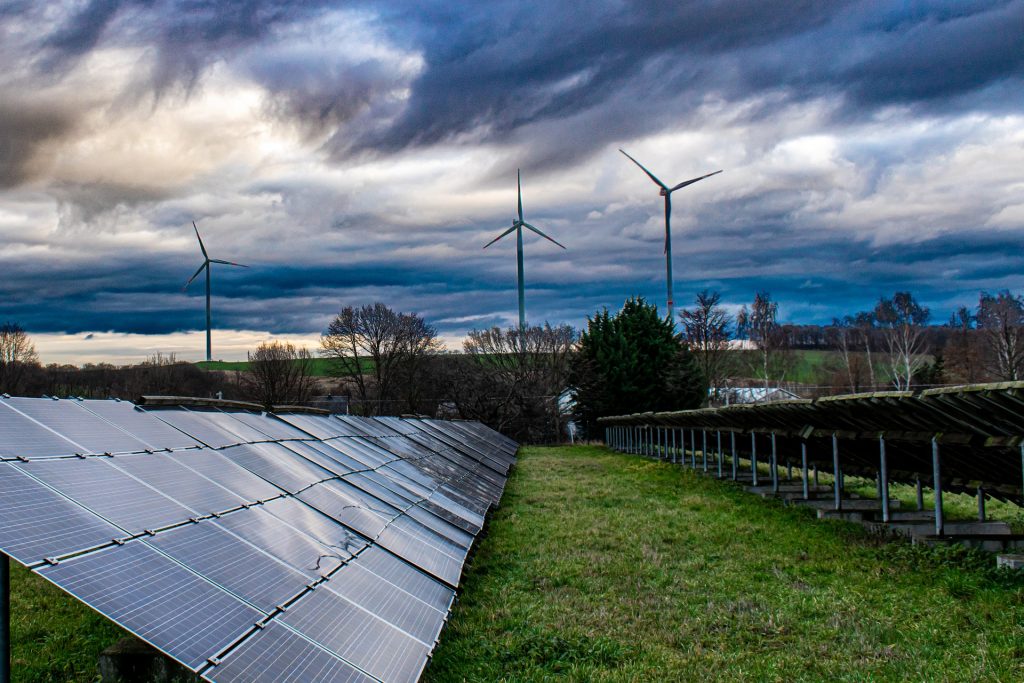Thin film solar roof panels are a relatively new technology that is becoming more and more popular. If you’re thinking about installing solar panels on your roof, you may be wondering if thin film panels are the right choice for you. Let’s discuss the pros and cons of thin film solar panels and everything else you need to know before making a decision.
The first thing you need to know about thin film solar panels is that they are made of thin, flexible materials. This makes them much lighter than traditional panels, which are made of glass. Thin film panels can also be installed on roofs that have a shallower pitch, which means they can be used in more locations.
Another advantage of these panels is that they are less expensive than traditional panels. They also have a lower carbon footprint, since they use less material.
However, there are some disadvantages to these panels as well. One is that they are not as efficient as traditional panels, so you will need more of them to generate the same amount of power. Another downside is that thin film panels can degrade over time, which means they will need to be replaced more frequently.
Despite these disadvantages, these panels have many advantages that make them a good choice for those looking to install panels. If you are considering these panels for your home or business, these panels should be one of your options.
How do they work?
These panels are made by depositing thin layers of photovoltaic material on a substrate. The most common type of thin film solar panel is made with cadmium telluride (CdTe), but other materials such as copper indium gallium selenide (CIGS) and amorphous silicon (a-Si) are also used.
The thickness of the deposited layers is typically between 0.25 micrometers and four micrometers. Thin film solar cells are less than one percent the thickness of conventional crystalline silicon solar cells and can be manufactured using a roll-to-roll process, which makes them much cheaper to produce.
In conclusion, these panels have a number of advantages over conventional crystalline silicon solar cells, including lower manufacturing costs, higher efficiency, and improved flexibility. However, thin-film solar panels also have some disadvantages, such as a shorter lifespan and lower power output. Overall, thin film solar panels are a promising technology with great potential.
If you have any questions about thin film solar panels, please leave a comment below and I will be happy to answer them. Thanks for reading!
For more information on thin film solar roof panels, check online.










